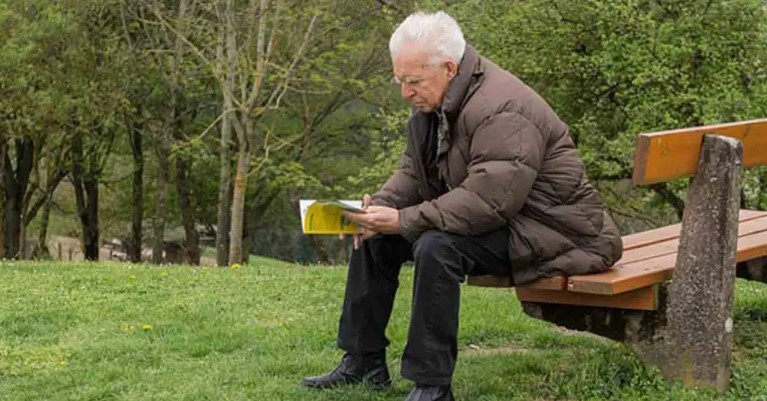Retirement marks a significant life transition that impacts relationships, perspectives, and daily routines. It involves a redefinition of identity and purpose, from newfound freedom to shifting priorities. Let’s explore some of the major changes that occur once the typical work years come to an end and retirement begins.
1. A Sense of Loneliness Sets In
Retirement, while offering numerous benefits and advantages, can sometimes be accompanied by a relative sense of loneliness. As retirees’ friends may have moved away or passed on, the feeling of isolation can become more pronounced.
2. Shifting Financial Perspectives
Saving for retirement is crucial, yet the satisfaction of watching funds grow through compound interest may diminish when the realization sets in that time may not allow complete enjoyment of those savings.
3. Rising Healthcare Costs
Post-retirement, healthcare needs tend to increase, leading to potentially soaring medical expenses, especially for individuals without job insurance.
4. Mid-Week Relaxation: Just Another Day
The thrill of indulging in mid-week activities like unwinding with a glass of wine loses some of its charm compared to the working years.
5. Decline in Mobility
As aches and pains become more prominent in retirement, issues related to mobility and the limitations of public transport can make traveling more challenging.
6. Searching for Purpose
A job often provides a sense of direction and purpose. In retirement, some individuals may struggle with a sense of purposelessness when the structure of work is no longer present.
7. Diminished Excitement for Vacation
Vacations, once highly anticipated breaks during a busy work year, may lose some of their allure when they become more frequent during retirement.
8. Mundane Daily Interactions
The excitement of coming home to spend time with a spouse may wane as retirement means spending every day together.
9. Feeling Confined at Home
While the home may have provided comfort and peace during the working years, spending extended periods there in retirement can sometimes make it feel more like a confinement.
10. Daytime TV Norms
Watching daytime TV shows can lose its novelty when retirement means more time spent in front of the television.
11. Changing Perceptions of Cleaning
While cleaning may have been therapeutic before retirement, the physical demands of this activity may eventually become too burdensome.
12. Adjusted Sleep Patterns
The allure of late nights may fade as retirement offers more flexibility with time, leading to a preference for early bedtimes.
13. Evolving Relationship with Money
For individuals with ample retirement savings, the value and perception of money may change, leading to a different relationship with financial resources.
14. Missing Office Banter
The absence of daily interactions with colleagues can leave retirees longing for the familiar camaraderie of the workplace.
15. Balancing Physical Activity
While an active lifestyle is appealing in retirement, the potential for post-activity discomfort may require a more balanced approach.
16. Challenges in Maintaining Friendships
As friends have varying schedules and commitments, meeting up may become less frequent after retirement, impacting social connections.
17. Growing Dependence
Independence may decrease with age, leading to a transition from autonomy to potentially needing support from caregivers.
18. Managing Retirement Expectations
Unrealistic expectations about retirement can lead to feelings of emptiness and disappointment as the reality of this life stage sets in.
19. Feeling Guilt About Not Working
The desire for a break from work may be overshadowed by feelings of guilt in retirement, as some individuals struggle with not feeling productive.
20. Hobbies as Obligations
What once provided relaxation and joy may become monotonous when hobbies feel more like obligations in retirement.
21. New Perspectives on Work and Volunteering
Engaging in part-time work or volunteering can offer social connections and fulfillment in retirement, adding value to the overall lifestyle.
22. Quality Time with Family
Spending enjoyable time with loved ones becomes a priority in retirement, emphasizing the importance of family and social connections.
23. Shifting Attitudes Towards Gift-Giving
The significance of gift-giving may diminish with age, as individuals may find more value in experiences and time spent with family.
24. Addressing Retirement Depression
Retirement depression is a real concern for many individuals, highlighting the need for acknowledging and seeking support for feelings of loneliness and hopelessness.
25. Attending Funerals Tends to Increase
As individuals age, the frequency of attending funerals may surpass that of weddings, prompting reflections on the passage of time and loss.
26. Appreciating the Small Moments…






